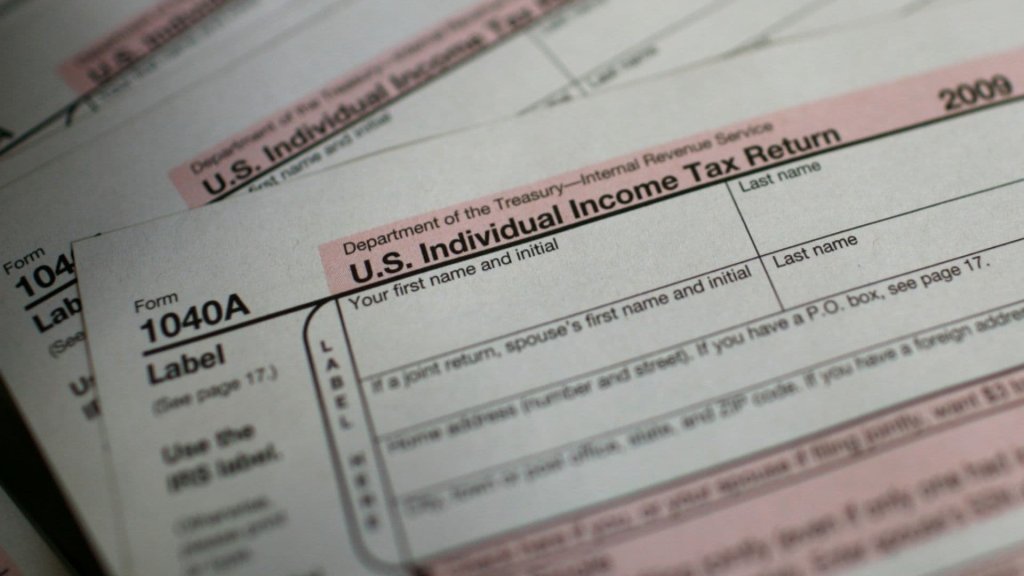
Tax extensions provide individuals and businesses with additional time to file their tax returns beyond the original deadline. They are beneficial for those who require more time to gather necessary documentation or seek professional assistance. In Illinois, tax extensions play a crucial role in ensuring taxpayers fulfill their obligations while avoiding penalties for late filing.
Illinois tax extensions allow taxpayers to extend their filing deadline, providing them with flexibility and reducing the stress associated with meeting the original deadline. It is crucial to understand the process, eligibility criteria, and potential consequences of not filing an extension in Illinois.
A tax extension in Illinois is a formal request to the Illinois Department of Revenue (IDOR) that grants individuals and businesses additional time to file their state tax returns. The extension provides a new filing deadline, typically six months from the original due date, allowing taxpayers more time to prepare and submit accurate tax information.
The primary purpose of tax extensions in Illinois is to accommodate taxpayers who are unable to file their tax returns by the original due date. This extension helps individuals and businesses avoid late filing penalties and gives them the opportunity to ensure their tax filings are accurate and complete.

Illinois Tax Extension Eligibility
In Illinois, individuals can request a tax extension if they meet certain criteria. Generally, any Illinois resident or non-resident who needs additional time to file their state tax return can request an extension. This includes individuals who are out of the state during the tax filing period or those facing extenuating circumstances such as illness or military service.
Various types of businesses operating in Illinois are eligible for tax extensions. This includes sole proprietorships, partnerships, S corporations, C corporations, and limited liability companies (LLCs). However, it’s important to note that an extension only provides additional time to file the return, not to pay any tax owed.
How to File an Illinois Tax Extension
Online Filing Methods: The Illinois Department of Revenue provides online options for taxpayers to file their tax extensions electronically. Individuals can use the Illinois Department of Revenue’s free online extension filing system, while businesses can utilize MyTax Illinois, a secure web portal for tax-related transactions.
Paper Filing Methods: Alternatively, taxpayers can file a paper Form IL-505-I, Automatic Extension Payment for Individuals, or Form IL-505-B, Automatic Extension Payment for Businesses, to request an Illinois tax extension. These forms can be downloaded from the Illinois Department of Revenue’s website or obtained from local tax offices. The completed form must be mailed to the designated address mentioned in the instructions.

Important Deadlines for Illinois Tax Extensions
Individual Tax Extension Deadlines: For individual taxpayers in Illinois, the tax extension deadline aligns with the federal tax extension deadline. Generally, the deadline to file an Illinois tax extension is April 15th, which provides an additional six months to file the tax return. However, if the federal deadline falls on a weekend or holiday, the extension deadline is extended to the next business day.
Business Tax Extension Deadlines: Similar to individual taxpayers, businesses in Illinois also have an extended deadline of six months from the original due date. The deadline for filing an Illinois tax extension for businesses typically aligns with the federal tax extension deadline, which is usually the 15th day of the third month following the end of the fiscal year.
Benefits of Filing a Tax Extension in Illinois
Filing an Illinois tax extension allows individuals and businesses to have extra time to gather necessary documents, organize financial records, and ensure accurate reporting. This extension can be especially helpful for those with complex financial situations or those who require additional time to seek professional assistance.
One of the significant benefits of filing an Illinois tax extension is the ability to avoid late filing penalties. By submitting a valid extension request and paying any estimated tax owed by the original deadline, taxpayers can prevent incurring penalties for late filing. However, it’s important to note that an extension only extends the filing deadline, not the deadline for payment of any taxes owed.

What Happens If You Fail to File Illinois Tax Extension?
Failure to file an Illinois tax extension or file the tax return by the extended deadline can result in various penalties and interest charges. The late filing penalty is generally calculated as a percentage of the tax owed, with the rate depending on the duration of the delay. Additionally, interest accrues on any unpaid tax from the original due date until the tax is fully paid.
Not filing an Illinois tax extension or filing the tax return late can increase the likelihood of being selected for an audit by the Illinois Department of Revenue. Audits involve a thorough examination of a taxpayer’s financial records and can be time-consuming and stressful. By filing a tax extension and submitting the return on time, taxpayers can reduce the risk of an audit. Filing an Illinois tax extension provides taxpayers with additional time to gather necessary documents, organize their finances, and ensure accurate reporting. It also helps individuals and businesses avoid late filing penalties and reduces